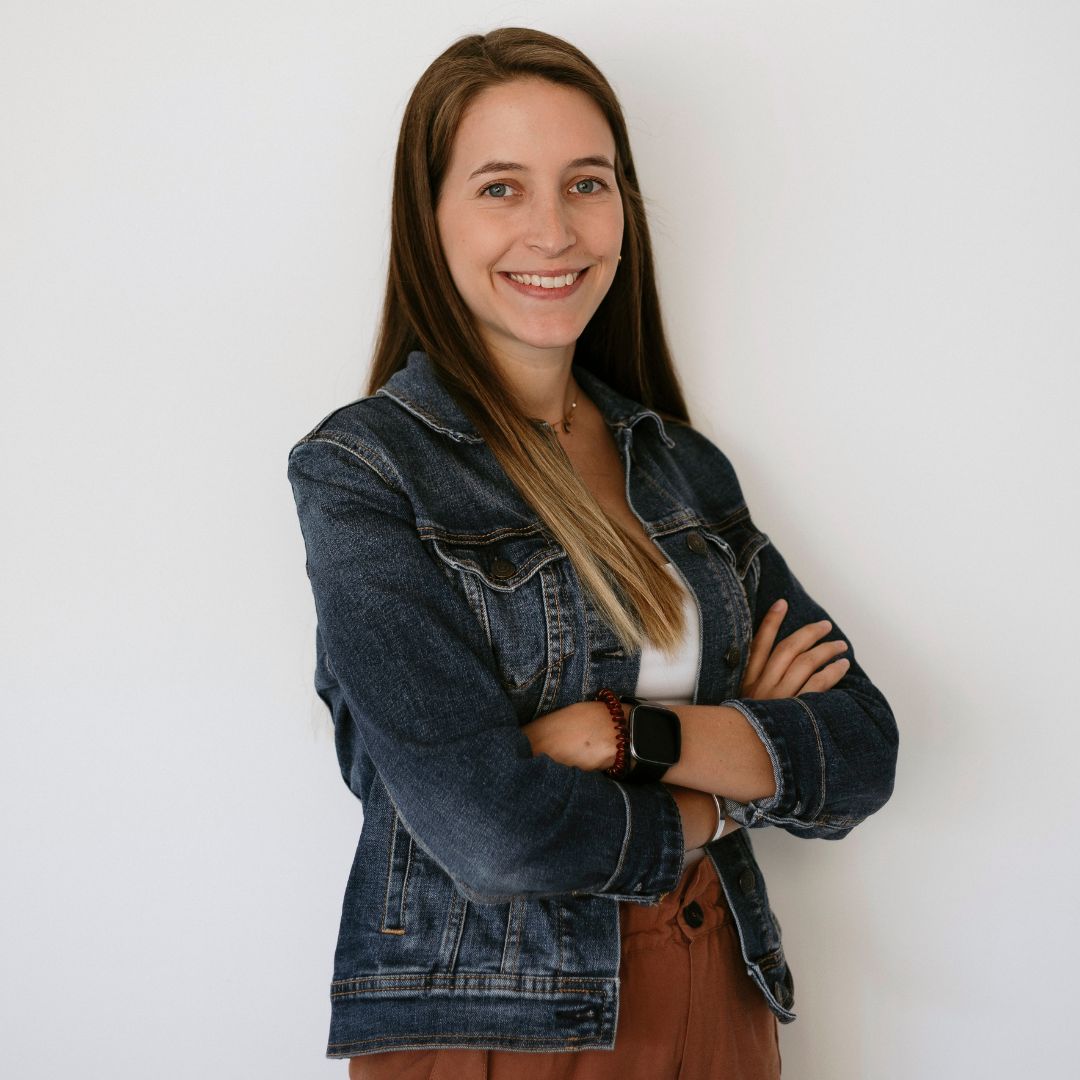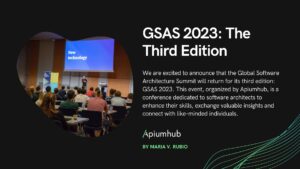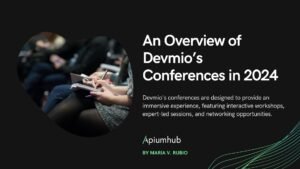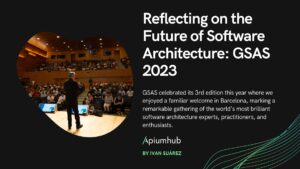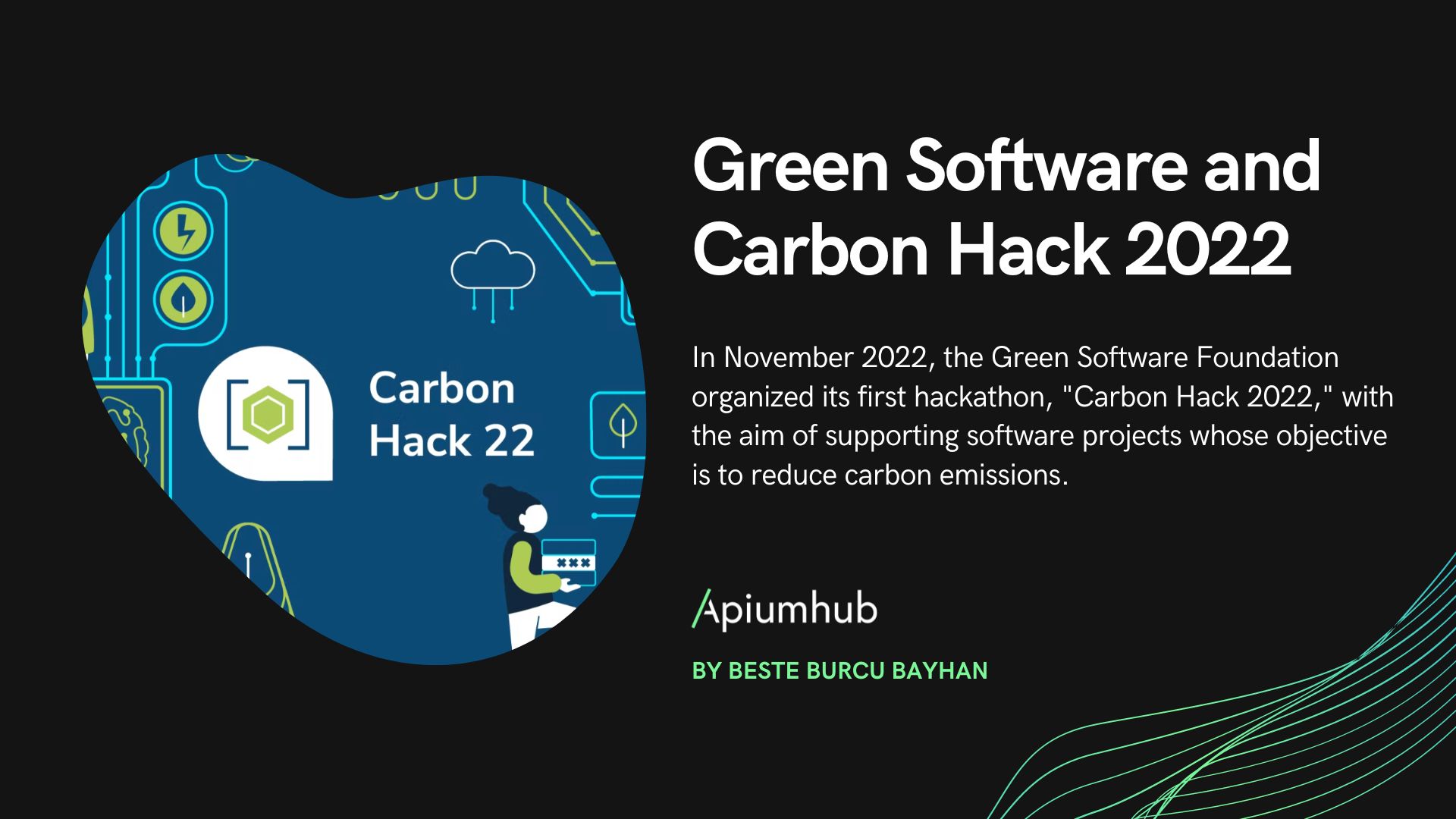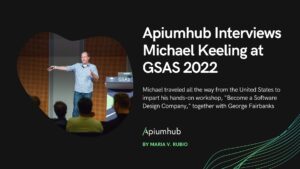Table of Contents
On October 3-4 we organized and hosted the Global Software Architecture Summit in Barcelona. Over 450 software professionals from different countries including Italy, the Netherlands, Germany, the Czech Republic, Spain, Lithuania, Norway, and Romania attended our event to improve their skills, share knowledge and connect with other peers in the industry.
GSAS 2022
The event took place at the Barcelona International Convention Center, which has become a benchmark in Europe as a venue for the organization of events and congresses. This year the event was focused on Software Architecture Metrics as they are key to the maintainability and architectural quality of a software project.
From the first day, we enjoyed talks from well-known experts in the industry and also hands-on parallel workshops where attendees had the opportunity to put their skills into practice and get to know other experts. It was a very exciting two days where we were able to get to know the attendees and support the software architecture community.
Attendees Profiles
At GSAS 2022 we hosted more than 450 software professionals from 33 different countries. Here’s a breakdown of the profiles:
- Software Developers (66,4%)
- Tech Leads (8,5%)
- Software Architects (8,1%)
- CTOs (6,2%)
- Principal Engineers (5,6%)
- Recruiters (3,4%)
The attendees origin was also very diverse: Austria, Belgium, Bosnia and Herzegovina, Bulgaria, Canada, Croatia, Czech Republic, Denmark, Estonia, Finland, France, Georgia, Germany Greece, India, Israel, Italy, Lithuania, Netherlands, North Macedonia, Norway, Poland, Portugal, Romania, Serbia, Slovakia, Spain, Sweden, Switzerland, Turkey, United Kingdom, United Arab Emirates & United States of America.
Main Speakers at the event
We are proud to have had a lineup of speakers from different nationalities, including:
- Mark Richards is an experienced, hands-on software architect involved in the architecture, design, and implementation of microservices architectures, service-oriented architectures, and distributed systems. He has been in the software industry since 1983 and has significant experience and expertise in application, integration, and enterprise architecture. Mark is the founder of DeveloperToArchitect.com, a free resource website devoted to helping developers in the journey to software architect. He is the author of numerous technical books and videos from O’Reilly, including several books on Microservices, the Software Architecture Fundamentals video series, Enterprise Messaging video series, Java Message Service, 2nd Edition, and a contributing author to 97 Things Every Software Architect Should Know. Mark has a master’s degree in computer science and numerous architect and developer certifications from IBM, Sun, The Open Group, and Oracle. Mark has been a regular confe has spoken at hundreds of conferences and user groups around the world on a variety of enterprise-related technical topics.
- Sonya Natanzon is a Solutions Architect at Guardant Health, where she’s passionate about helping patients by writing software. She leads a team of engineers and engages in many cross-functional software projects. She has been a software engineer in the healthcare industry for many years and loves to share her experiences to shed more light on this very complex industry and show how rewarding the work is.
- Michael Feathers is the Founder and Director of R7K Research & Conveyance, a company specializing in software and organization design. Prior to forming R7K, Michael was the Chief Scientist of Obtiva and a consultant with Object Mentor International. Over the past 20 years he has consulted with hundreds of organizations, supporting them with general software design issues, process change and code revitalization. He is a frequent presenter at national and international conferences. He was involved in the early Agile movement and one of his passions is helping organizations recognize the impact of their internal organization and communication on the long term viability of their software products – putting interactions in place to prevent the accumulation of technical debt and lost business opportunities. His goal is to make software development more effective and integrated with business concerns. He is the author of the books: Working Effectively with Legacy Code, Brutal Refactoring: More Working Effectively with Legacy Code. His main specialties are software development practices, TDD, Refactoring, Legacy Code Revitalization, and team dynamics.
- Carola Lilienthal is Senior Software Architect and Managing Director at WPS – Workplace Solutions and loves to design good structured, long-living software systems. Since 2003, she and her teams are using DDD to achieve this goal. DDD and long-livingness of software architectures are the topic of many talks she has given on various conferences, one of them is O’Reilly Software Architecture Conference. She condensed her experience in the book “Sustainable Software Architecture” and translated the book “Domain-Driven Design Distilled” by Vaughn Vernon into German.
- Alexander von Zitzewitz is a serial entrepreneur in the software business and one of the founders of hello2morrow, an ISV specializing in static analysis tools that can enforce architecture and quality rules during development and maintenance of software systems. He’s worked in the industry since the early 1980s and focuses on the role of software architecture and technical quality on successful project outcomes. He moved from Germany to Massachusetts in 2008 to develop hello2morrow’s business in North America.
- Pranjal Bathia is a Principal Architect within the PnT Operations and Infrastructure team at Red Hat. She has 12+ years of experience in designing and developing solutions and products for challenging business problems. In her current role, she has architected the Master Data Management solution for Red Hat. Before this, she has developed enterprise middleware solutions that handle millions of events on a daily basis. Pranjal holds a master’s degree in Information Security from one of India’s premier engineering institutes, NIT Warangal. She is a Mom of two beautiful daughters and is usually busy balancing daily chores and work. In her free time, she likes using her creative skills to recycle waste into artistic pieces, paintings, handicrafts, etc.
- Jacqui Read is a thought leader in documentation and communication of design, outlining technical solutions to a broad variety of audiences, from C-Suite to Technical Lead; and prospective client to Developer. She is an experienced software architect, having worked in domains including FinTech and Big Data, with roles including software developer, technical architect, and solution architect. Now creating software architecture content for O’Reilly Media, she is also involved in user groups, workshops and conferences, including leading a team to win the O’Reilly Architectural Kata in Autumn 2021. Her other interests include living documentation, NoSQL, and agile practices, with a focus on learning and improvement through iteration.
- Vladik Khononov is a software engineer with over 15 years of industry experience, during which he has worked for companies large and small in roles ranging from webmaster to chief architect. Vlad is a long-time proponent of domain-driven design and evolutionary architecture and currently helps companies make sense of their business domains, untangle monoliths, and tackle complex architectural challenges. Vlad maintains an active media career as a public speaker and blogger. He has spoken at numerous industry conferences — including O’Reilly Software Architecture, DDD Europe, and NDC — about subjects such as domain-driven design, microservices, and software architecture in general. In addition to his media work, he co-organizes the Domain-Driven Design Israel and Tel Aviv Software Architecture meetup groups.
- Eswaran Thandi has over 2.5 decades of experience in the IT industry. He has been practicing software architecture for the past 15 years, delivering strategies, roadmaps and architecture solutions for customers across the globe. He is experienced in various business domains which include Telco, Supply Chain, Retail & Investment Banking, Aviation and Finance. For the past few years, he has been focusing mainly on IT Landscape Optimization and modernization and has brought out significant business value by delivering different solutions in B2C and B2E spaces. He has also presented papers in software architecture conferences on Enterprise Architecture Framework & Governance.
- Riccardo Zanussi has 15 years of experience as CTO and more than 5 years as an architect in large companies and start-ups. Mainly in banks and insurance companies, but also in customer-centric e-commerce companies and currently the chief architect at WeFox.
- Sven Peters, former developer advocate at Atlassian and MongoDB – now at Manfred, has been studying trends in software development for the last 15 years uncovering the cultural and technical attributes to help development teams work effectively and drive innovation. He has 20 years experience in writing code, leading teams, and sharing his experience with thousands of developers at uncountable conferences in 25+ countries.
- Christian Ciceri is a software architect and co-founder at Apiumhub, a software development company known for software architecture excellence. He is also head of software architecture at VYou, a customer identity and access management solution app, and head of moderators for the Global Software Architecture Summit. He began his professional career with a specific interest in object-oriented design issues, with deep studies in code-level and architectural-level design patterns and techniques. He is a former practitioner of Agile Methodologies, particularly eXtreme Programming, with experience in practices like TDD, Continuous Integration, build pipelines and evolutionary design. He has always aimed for widespread technological knowledge; that’s why he has been exploring a huge range of technologies and architectural styles, including Java, .NET, dynamic languages, pure scripting languages, native C++ application development, classical layering, Domain-Centric, classical SOA, and Enterprise Service Buses. In his own words: “A software architect should create a working ecosystem that allows teams to have scalable, predictable and cheaper production.”
- Marc de Palol is a distributed systems engineer and architect who has hands-on experience with high performance systems, Big Data and microservices architecture. He is also obsessed with resilience and observability.
Workshops
As we mentioned above, this year we had hands-on parallel workshops included in the ticket. The workshops offered were:
- Evolving organizations using socio-technical architecture by Joao Rosa, Principal Consultant and Interim CTO. João is a Strategic Software Delivery Consultant at Xebia. He believes software architecture is the fine balance between tradeoffs. João focuses on helping teams and organizations to make strategic decisions regarding the software; aligning teams and software to optimize the stream-based value. He believes in the power of collaboration and is a fan of visual collaboration tools. João often speaks at international conferences, one of them is O’Reilly Software Architecture Conference.
- Become a software design company by George Fairbanks & Michael Keeling. George Fairbanks is a software developer, consultant, educator, and speaker who’s been developing software since the mid-80’s and teaching software design since the late 1990’s. He’s got a Ph.D. in Software Engineering from Carnegie Mellon University, advised by David Garlan and Bill Scherlis. He has publications on frameworks and software architecture in selective academic conferences, including OOPSLA and ICSE. George has written production code for telephone switches, plugins for the Eclipse IDE, and everything for his own web dot-com startup. He’s currently a software engineer at Google. George wrote the book Just Enough Software Architecture and it’s been reviewed well. He’s also been a program committee member for the Working International Conference on Software Architecture (WICSA), the International Conference on Software Maintenance (ICSM), and the European Conference on Software Architecture (ECSA). He’s been a referee for IEEE Transactions on Software Engineering (TSE) and IEEE Software. Michael Keeling is a software engineer at Kiavi and the author of Design It!: From Programmer to Software Architect. Prior to Kiavi, he worked at IBM on the Watson Discovery Service and has experience with a variety of software systems including service-oriented architectures, enterprise search systems, and even combat systems. Michael is an award-winning speaker and regularly participates in the architecture and agile communities. He holds a Masters in Software Engineering from Carnegie Mell.
- Thinking Architecturally by Nathaniel Schutta, software architect focused on cloud computing and building usable applications. A proponent of polyglot programming, Nate has written multiple books and appeared in various videos. Nate is a seasoned speaker regularly presenting at conferences worldwide, No Fluff Just Stuff symposia, meetups, universities, and user groups. In addition to his day job, Nate is an adjunct professor at the University of Minnesota where he teaches students to embrace dynamic languages. Driven to rid the world of bad presentations, Nate coauthored the book Presentation Patterns with Neal Ford and Matthew McCullough. Nate recently published Thinking Architecturally available as a free download from Pivotal. Nate’s presentations cover a variety of topics ranging from software architecture, microservices, cloud computing, site reliability engineering and everything in between.
We are preparing GSAS 2023
If you are interested in sponsoring GSAS next year, don´t hesitate to reach out to us via email at [email protected]. We have different sponsorship packages available for you to choose from based on your budget.
Overall, we are very satisfied with the great results of the event and will soon start planning the next edition! If you want to be among the first to know all the details of the next edition, make sure you follow GSAS on Twitter.
